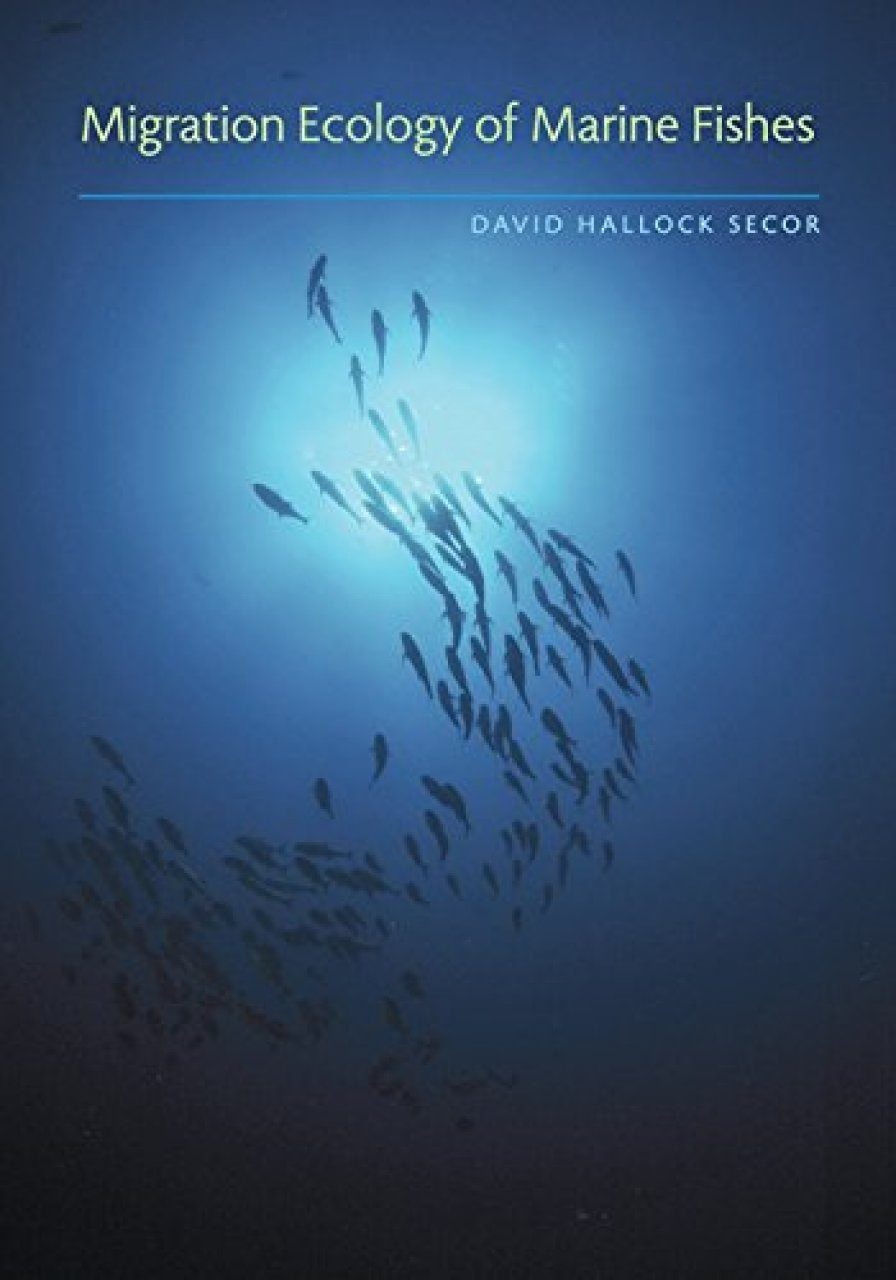




Migration Ecology of Marine Fishes
- Inklusive 9% MwSt.: €116,05
- Ohne MwSt: €106,47
- Versandkosten nur 7,82 € nach Deutschland
- An Werktagen vor 17 Uhr bestellt? Versand am selben Tag!
- 14 Tage Rückgaberecht
- Bei uns ist nichts unmöglich!















| Autor | David Hallock Secor |
| ISBN | 9781421416120 |
| Velag | Johns Hopkins University Press |
| Sprache | Englisch |
| Seiten | 292 |
| Größe | 264 x 184 x 24 mm |
| Format | Gebunden |
| Bilder | S/w-Illustrationen und Tabellen |
| Erscheinungsjahr | 2015 |
Not since F. R. Harden Jones published his masterwork on fish migration in 1968 has a book so thoroughly demystified the subject. With stunning clarity, David Hallock Secor's Migration Ecology of Fishes finally penetrates the clandestine nature of marine fish migration.
Secor explains how the four decades of research since Jones's classic have employed digital-age technologies—including electronic miniaturization, computing, microchemistry, ocean observing systems, and telecommunications—that render overt the previously hidden migration behaviors of fish. Emerging from the millions of observed, telemetered, simulated, and chemically traced movement paths is an appreciation of the individual fish. Members of the same populations may stay put, explore, delay, accelerate, evacuate, and change course as they conditionally respond to their marine existence. But rather than a morass of individual behaviors, Secor shows us that populations are collectively organized through partial migration, which causes groups of individuals to embark on very different migration pathways despite being members of the same population.
Case studies throughout the book emphasize how migration ecology confounds current fisheries management. Yet, as Secor explains, conservation frameworks that explicitly consider the influence of migration on yield, stability, and resilience outcomes have the potential to transform fisheries management. A synthetic treatment of all marine fish taxa (teleosts and elasmobranchs), this book employs explanatory frameworks from avian and systems ecology while arguing that migrations are emergent phenomena, structured through schooling, phenotypic plasticity, and other collective agencies.
The book provides overviews of the following concepts:
Es wurden noch keine Bewertungen für dieses Produkt abgegeben..
Vervollständigen Sie Ihre Bestellung